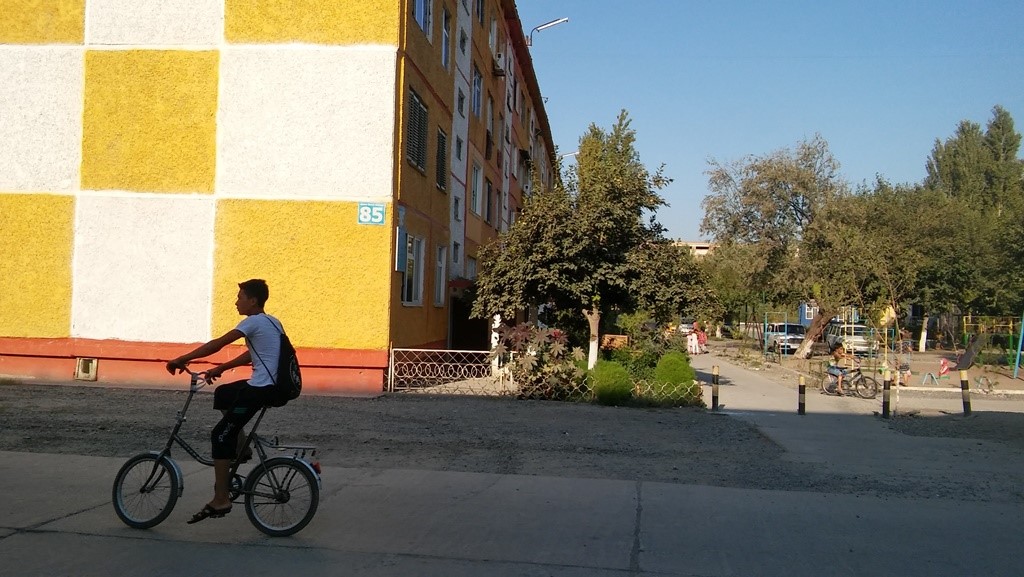
The family and neighbours of Umidjon Abdunazarov in Kokand have denied his detention after the Andijan killings, while his school No 32 have confirmed with documents that he has worked there before and after the events.
Galima Bukharbaeva
Nafisahon Abdunazarova, Umidjon Abdunazarov’s elder sister, is a difficult interlocutor, but she immediately opens up and abandons her suspicion when she hears the question “Had her brother been under arrest after the Andijan events of 13 May 2005?”
“Who told you that he was arrested?” she protests. “He had never been arrested. He is not a person to be arrested. He had always been in Kokand.”
“He had nothing to do with Andijan,” she raised her voice in response to explanations that Umidjon was featured as a victim of the Andijan events who spent the entire summer in 2005 under arrest in a reported published in France by the Human Rights in Central Asia association.
But she loses her cool when she hears the question “Did your brother work as forensic pathologist in the Andijan morgue after his release?”
“In the morgue? What did he have to do in the morgue? He had never worked in Andijan at all,” she claimed.
The conversation with the sister ended with her offer of going to Kokand and dig out the entire truth about her brother because “he is not person like that” and “he doesn’t like people like that”, she added, obviously, meaning participants in the Andijan events. Centre-1 has sent a correspondent to Kokand.
Outside Abdunazarov’s house
The now 40-year-old Umidjon Abdunazarov used to live in the Navoi neighbourhood on the outskirts of Kokand in a typical two-bedroom flat in a four storey block of flats.
The door of flat No 15 was shut tightly and was covered in dust. No-one answered the bell.
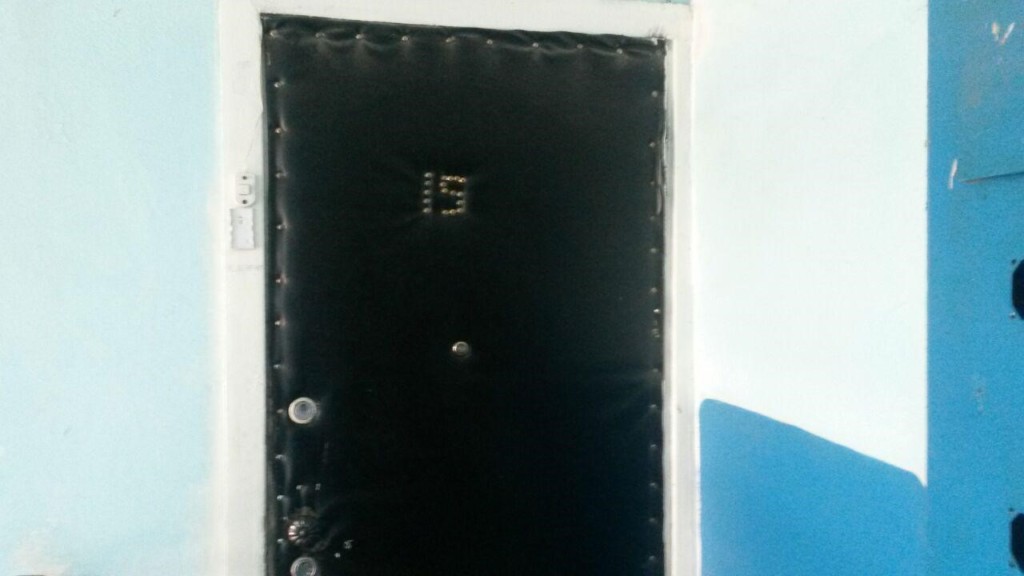
The chairwoman of the residential committee, Rano Meliboyeva, living next door, we learnt that no-one had been living in Abdunazarov’s flat anymore.
His mother Maksuda died this spring. Umidjon himself, the chairwoman said, is now living in France. To the question “where is his family?” she answered that his wife and two sons were in Kokand as he left them behind because he was divorcing his wife.
“What did he do in Uzbekistan?” asked the chairwoman and said that he knew many foreign languages – French, English and German – and worked as a teacher and translator.
She had a difficulty of remembering when he left Uzbekistan: “Either in 2008 or 2009. In short, it will soon be 10 years since he left.”
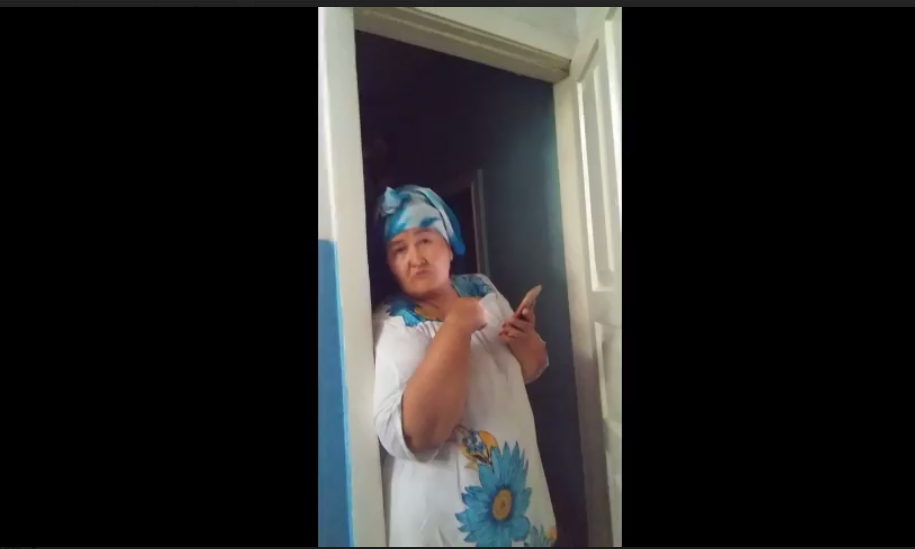
Since he left he has never gone back to Uzbekistan, but, the chairwoman said, his mother had visited him in France twice or three times. Last time she went she stayed there between May and August 2016.
In neighbourhood
We learnt the exact date Umidjon Abdunazarov left Uzbekistan from the chairman of the Istikbol neighbourhood committee, Vahidjon Ashurov.
When he received inquiries about Umidjon he asked his secretary to check books and confidently said that Abdunazarov left the country in 2008 to seek work. Ashurov said his former neighbour was now living in France.
The neighbourhood chairman categorically denied that Abdunazarov was under arrest in 2005 and that he could flee the country as a refugee.
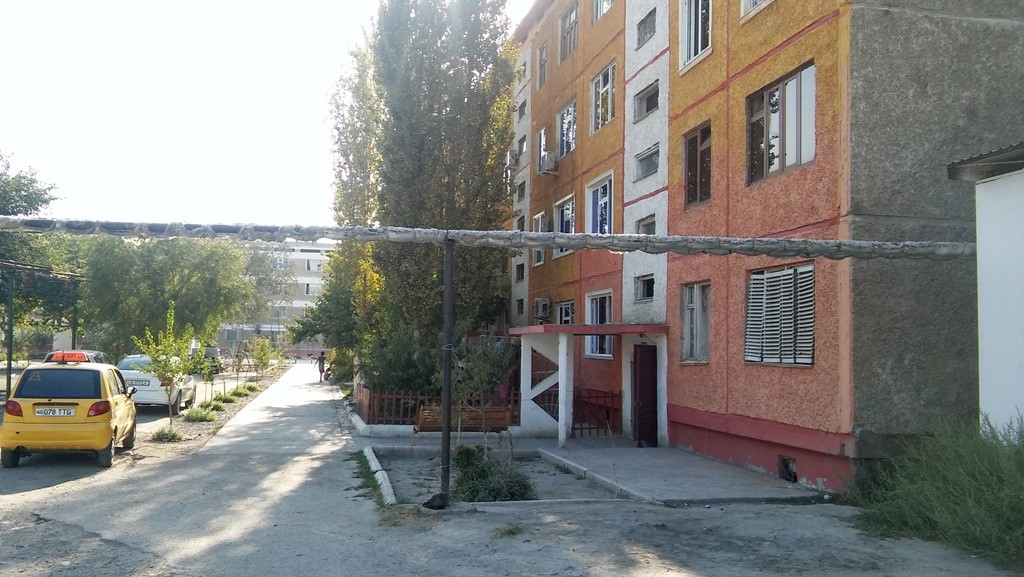
Ashurov said if someone were under arrest, the neighbourhood committee mandatorily received notification. He added that after the Andijan even only one man from their neighbourhood had been arrested and that he was still in prison.
Neighbours said that Abdunazarov had worked as teacher in Uzbekistan but later they learnt from his mother that he had graduated from a medical academy in France and was now working as surgeon there.
In school
In Kokand’s school No 32 where Abdunazarov taught, we were confidently told that Abdunazarov worked as teacher and we also learnt that he hadn’t taught French but a subject titled “Basics of national independence and basics of spirituality”.
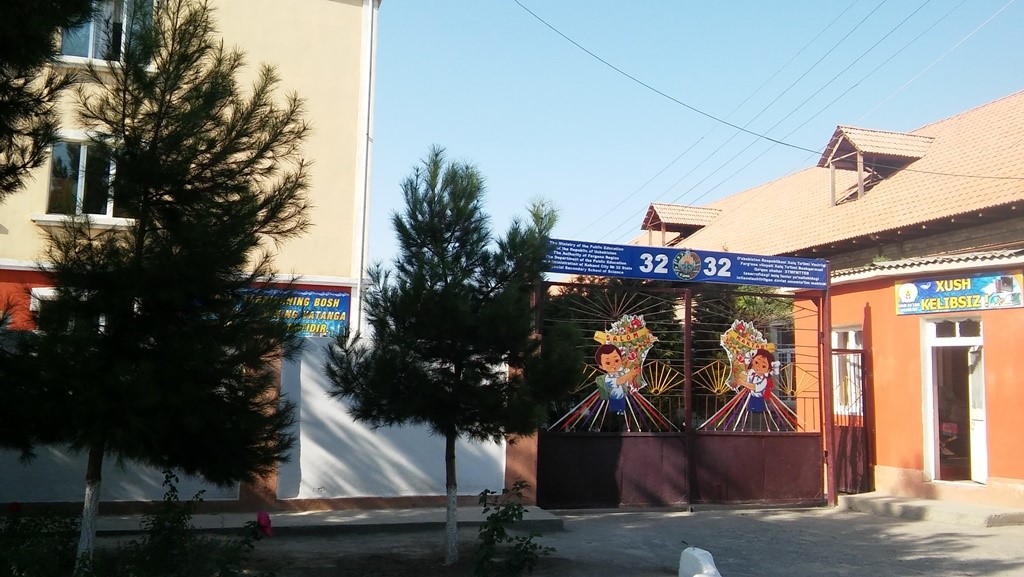
The school’s headmistress Gulchehra Kayumova initially refused to confirm that Abdunazarov had worked in her school in writing but when she learnt that in France he claimed he had worked as doctor who was arrested under the Andijan events and was forced to work as forensic pathologist in the Andijan morgue and examine bodies of victims of torture and extrajudicial executions she was shocked and decided to help.
“This is a disgrace for entire Kokand that Abdunazarov resorted to such lies,” she said with outrage. “How could he lie this much?”
As a result, she made copies of orders to hire Abdunazarov as teacher in August 2004 and his dismissal in February 2006. Both copies were signed and stamped by Kayumova on 30 August 2017.
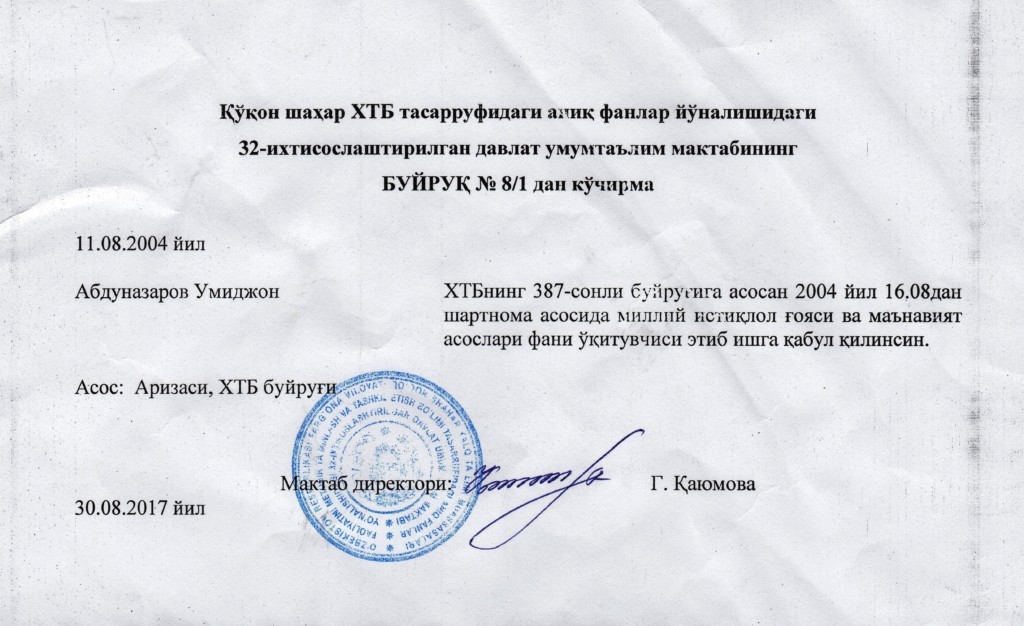
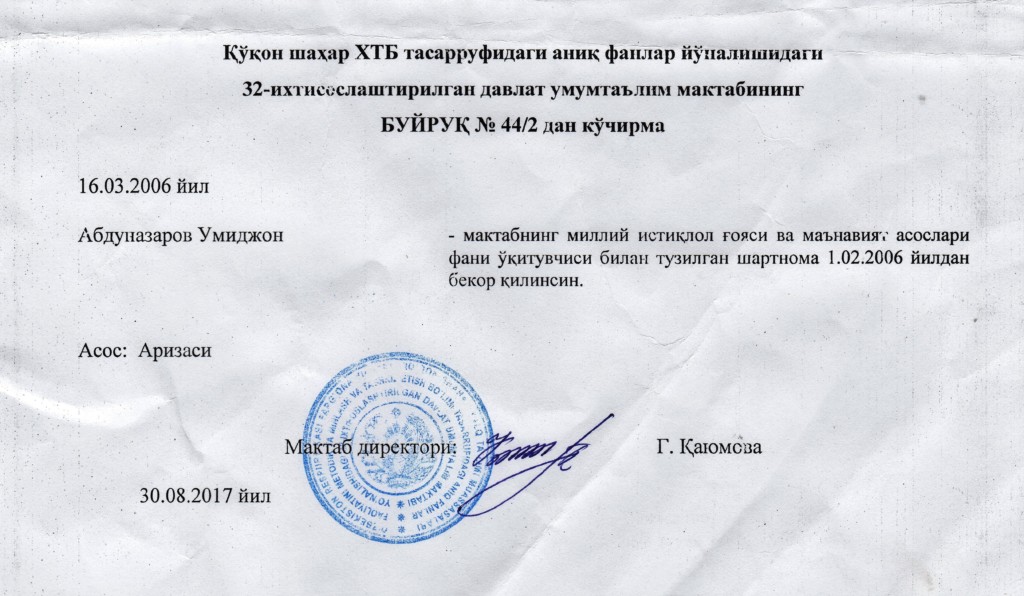
Teacher’s story in the European parliament
On 25 August Centre-1 published an investigation headlined “Nadejda Atayeva who has discredited Uzbekistan’s human rights movement” which in addition to her financial machinations also exposed massive falsifications of evidence of the Andijan killings.
Atayeva presented Abdunazarov, a graduate of the French department of the Fergana State University in 2003, as doctor who accidentally ended up in Andijan before 13 May 2005.
Later he was allegedly arrested and spent in the National Security Service’s (SNB’s) custody over three months and was subject to torture.
After his release in September 2005 Abdunazarov was allegedly sent to work in the morgue of the Andijan Region hospital as assistant and then as forensic pathologist where he had examined 500 bodies until February 2006, including 300 with traces of violent death, including gunshot wounds.
In May 2010 in a European parliament building in Brussels Atayeva screened a film featuring a “forensic pathologist” and in April 2011 she published a report based on his testimonies entitled “Our torturers know that they won’t face justice…”
Since the publication of the investigation results Atayeva has kept silent and she has not answered Centre-1’s questions.
Ahead of the publication she was sent a further questions, including “Who invented the story of ‘forensic pathologist’?” “Was it her idea and help for a man who wanted to stay in France? Or was it Umidjon Abdunazarov who came to her with this story?”
Similar questions were sent to Abdunazarov’s email address but he doesn’t want to talk to the media either.
Ilkhamov couldn’t not speak but went silent
The only person who decided to confirm the authenticity of the story of “forensic pathologist” after the exposure of the Human Rights in Central Asia association was London-based Alisher Ilkhamov, a representative of the Open Society Foundation (OSF).
After the publication he claimed that he had seen a diploma of “chemist-biologist” shown by Atayeva and threatened Centre-1 with consequences for naming the “refugee”.

However, the OSF official was immediately refuted by specialists from the National Forensic Pathology Centre in Tashkent who said that it was impossible to work as forensic pathologist with such diploma and the country did not have a single university who would train “chemist-biologists”.
This means Abdunazarov was not a refugee, say his relatives who revealed he left Uzbekistan in January 2008 after receiving a visa at the French embassy in Tashkent.
Centre-1 has sent an enquiry to the French diplomatic mission in Tashkent to specify the date Abdunazarov received his visa and turned to migration authorities in Paris to find out how he had arrived to their country. The answers will be published as soon as they are received.
However, the value of Ilkhamov’s joining the discussion is that he had confirmed that we are talking about the right man – Umidjon Abdukabirovich Abdunazarov.
As a result, today any journalist or any interested person could go to Kokand and find out the truth.
Galima Bukharbaeva, Editor-in-Chief of Centre-1